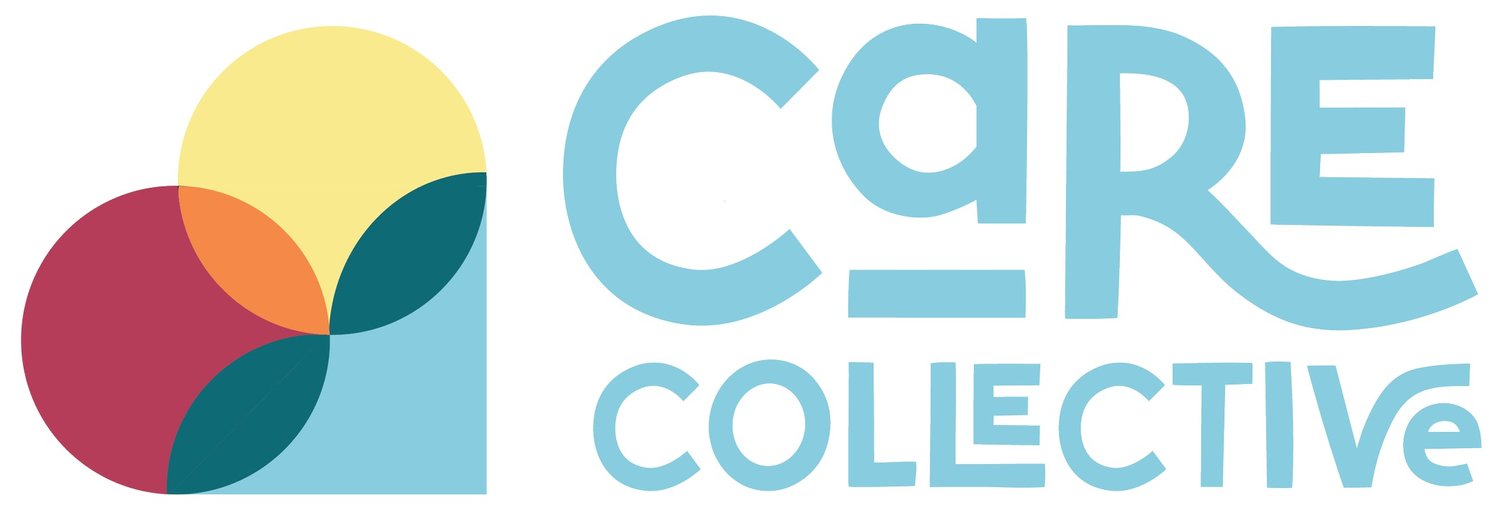3/4 of BIPOC Children
in Kalamazoo live in households that earn less than the basic cost of living.
more than
1/2 of Families
with young children in Kalamazoo do not have access to enough diapers
14%
The percentage of monthly income that low-income families spend on diapers
Diaper need is the lack of a sufficient supply of diapers to keep a baby or toddler clean, dry, and healthy. The average monthly cost of diapers has risen to approximately $100. Despite this high cost, there are no federal or state assistance programs for purchasing diapers.
SNAP and WIC do not cover diapers.
Families earning a low income often pay more for diapers. Caregivers without a car rely on discount retailers, corner stores, and drug stores in their neighborhoods, which sell diapers in smaller quantities and at a higher cost per diaper.
Benefits from Access
Improved Physical Health:
Access to diapers protects babies’ physical health because caregivers can change their babies’ diapers as often as needed. This helps prevent diaper rash and other health problems.
Reduced Stress:
Caregivers experience lower stress and higher confidence in their abilities to provide care when they have the diapers they need. This expands families’ opportunities for wellness, joy, and life with one less thing to worry about.
Increased Opportunities:
Families with access to diapers can enroll children in childcare, allowing caregivers to attend work or school. This supports caregivers as they pursue opportunities for their future.
Who This Impacts
BIPOC Caregivers:
Caregivers who identify as Black, Indigenous, People of Color (BIPOC), including Latine and SWANA (Southwest Asian North African) individuals, immigrants and refugees, experience diaper need when caring for their baby due to the impacts of systemic racism.
Female Caregivers:
Caregivers include biological and chosen family, members of multiple generations, and caregivers of all genders. However, societal expectations mean that women are typically the primary caregivers for children. And the financial burden of purchasing diapers and baby wipes typically falls to mothers and other female caregivers who are more likely to earn a low income.
If You Need Diapers
Care Collective of Southwest Michigan does not directly distribute diapers to individuals.
Anyone who receives diapers from us gets them through one of our distribution partner organizations. For a list of these partners, the programs and services they offer, and how you can contact them, visit the link below.
If you need diapers or other resources, contact 211.



